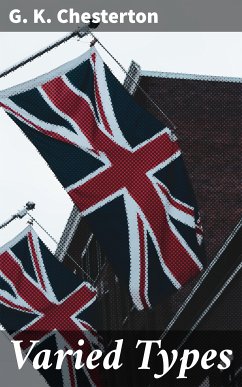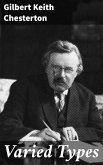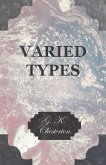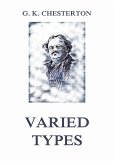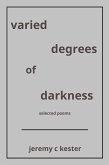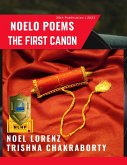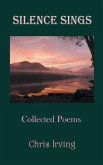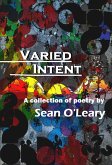In "Varied Types," G. K. Chesterton presents a collection of essays that delve into the intricacies of human character, morality, and society through his characteristic wit and philosophical depth. The literary style is marked by Chesterton's vivid prose and sharp observations, encapsulating the essence of early 20th-century thought while critiquing prevailing ideologies of his time. Each essay explores diverse personalities and types'Äîfrom the artist to the theologian'Äîoffering not only keen insights into their motivations but also a reflection of Chesterton's broader concerns about the nature of modernity and tradition. G. K. Chesterton (1874-1936) was a prolific English writer known for his contributions to literature, journalism, and theology. His journey from agnosticism to a profound embrace of Christianity, particularly Catholicism, greatly influenced his worldview and, consequently, his writings. "Varied Types" emerges from a period when Chesterton sought to reconcile the complexities of human nature with a faith founded on intellect and passion, embodying both a critique of contemporary society and a reaffirmation of enduring values. This book is essential reading for anyone interested in understanding the interplay of character and ideology in a rapidly changing world. Chesterton'Äôs ability to weave humor with serious philosophical inquiry makes "Varied Types" not only insightful but also an enjoyable exploration of the human condition, making it a significant addition to both literary and theological studies.
Dieser Download kann aus rechtlichen Gründen nur mit Rechnungsadresse in A, B, BG, CY, CZ, D, DK, EW, E, FIN, F, GR, H, IRL, I, LT, L, LR, M, NL, PL, P, R, S, SLO, SK ausgeliefert werden.

